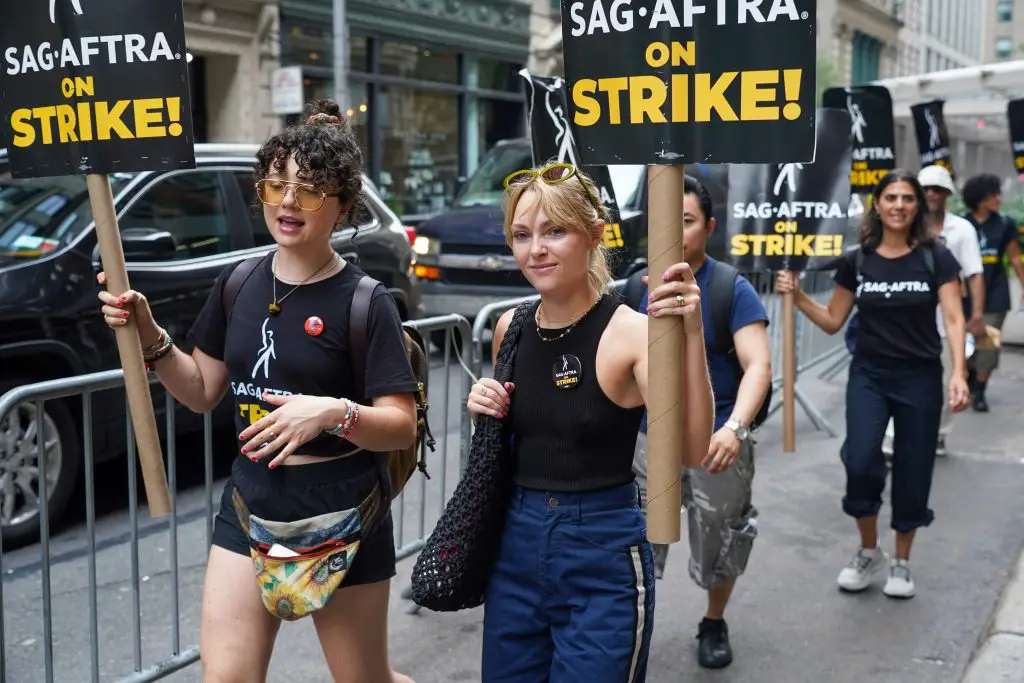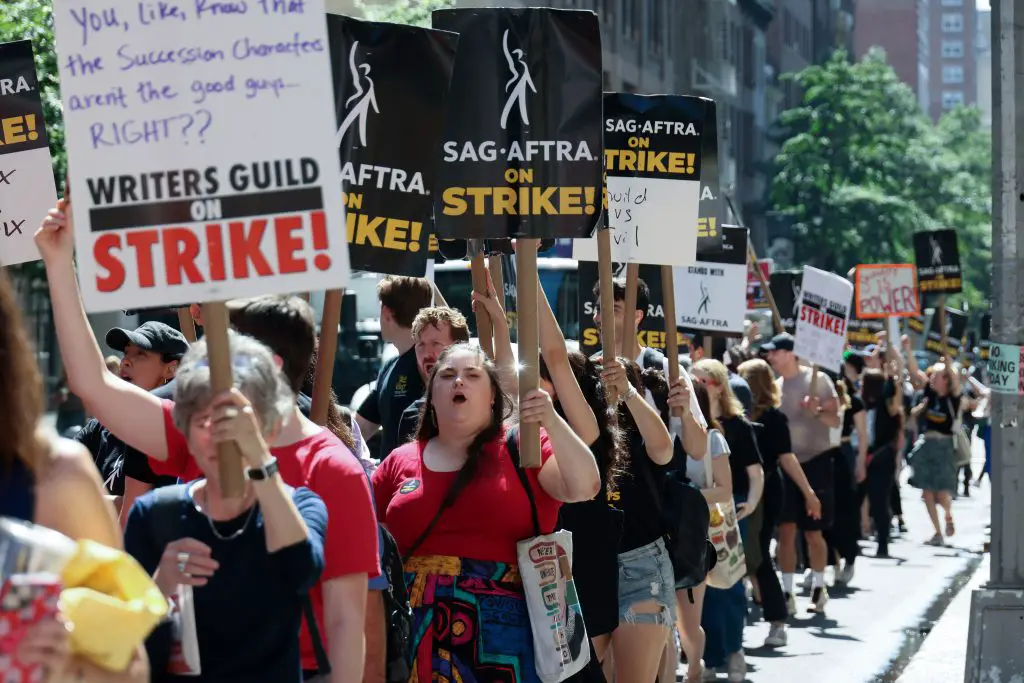The Writers Guild of America (WGA) recently made a groundbreaking move. After a long and challenging 150-day strike, a unanimous vote marked the approval of a new contract. This agreement is poised to provide writers not only with better protection but also adequate compensation for their years of hard work.
How This Contract Impacts Writers and Viewers Alike
Film and television writers have, over the years, faced tremendous pressures. Their struggles have often resulted in quality content taking a backseat. With daily life challenges like affording basic necessities overshadowing their craft, it was a real concern. However, with the new WGA contract, this narrative is poised to change dramatically.
This latest agreement, as stated, ensures yearly pay increases and crucial protections against the looming threat of AI scriptwriting. The inclusion of redefined residual payments from streaming services only adds to the appeal of this deal. All of these factors combined will offer writers the stability and security they truly deserve.
For viewers, this translates to better content. It’s a simple formula: when writers are free from everyday financial anxieties, they can channel their energies into their craft. This not only means more high-quality stories but also content that truly resonates with audiences. The argument that AI-written scripts can sometimes resemble a mediocre school assignment emphasizes this point. Real stories, with depth and emotion, can only come from real writers, not machines.
Interestingly, the pushback against AI is more relevant than ever. The movie “The Safe Zone,” penned and directed by an AI, provides a bleak view of a world dominated by AI. While AI can mimic speech patterns and replicate documented human behaviors, it lacks the emotional depth and spiritual experiences that only a human writer can infuse into a script. It’s a victory for viewers, as studios will no longer resort to AI for scriptwriting, ensuring content with which they can truly connect.

What’s Next for Hollywood and Its Audiences?
There’s no denying that the end of the WGA strike is a positive turn for Hollywood. With production houses gearing up to restart, shows like “The Late Show with Stephen Colbert” are already back on the air. Furthermore, movies awaiting script rewrites and writers who were poised to start new projects can now progress.
However, there remains a crucial roadblock: the negotiations with SAG-AFTRA. Until an agreement is reached, many studio productions remain in limbo, with empty sets waiting for actors. This hiccup is vital as the demands of SAG-AFTRA mirror those of the writers. It’s only logical to assume that if studios could concede to the writers, they could do the same for the actors.
In conclusion, while the recent WGA agreement is undoubtedly a victory for writers, there is still a way to go for the entire industry. Audiences might face a temporary content drought, but they can play a role. By urging the AMPTP to finalize negotiations with SAG-AFTRA, they can ensure not only the return of quality programming but also fair compensation for those who create it.


